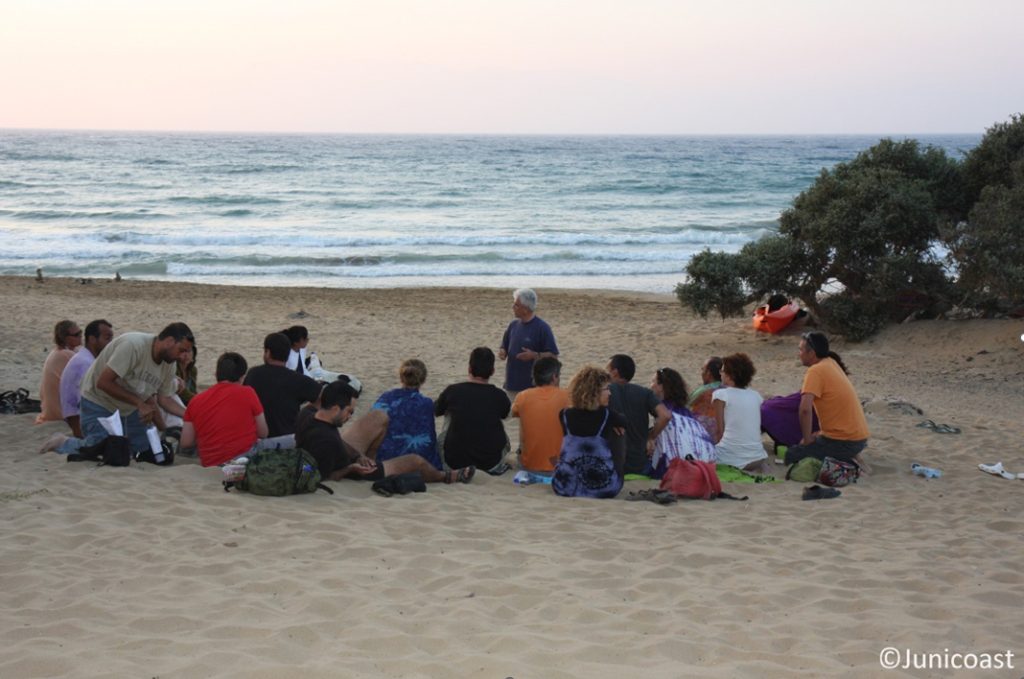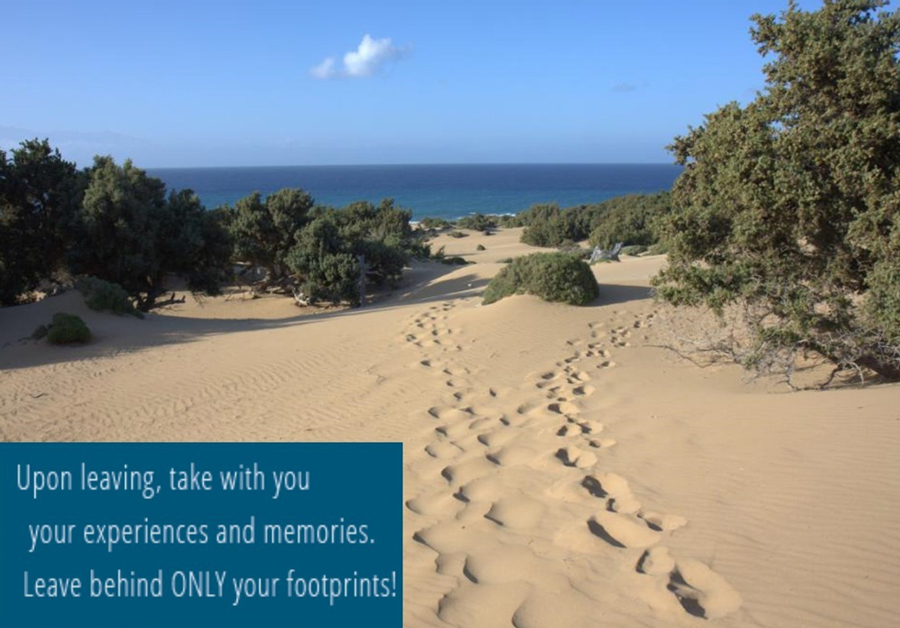Coastal dunes are so popular for outdoor recreation, which often causes difficult dilemmas in coastal dune management. The conservation of coastal dunes requires a multifaceted approach that balances recreational use with habitat conservation.

Coastal dunes with Juniperus spp. are distributed along the sandy coasts of Southern and Western Europe, on Mediterranean and Atlantic coasts. This rare and beautiful habitat features sparse junipers that are prostrate or erect depending on wind action and the adverse conditions typical of sand dunes.
Coastal dunes are very popular for outdoor recreation, which often causes difficult dilemmas in coastal dune management. On the one hand, recreation is considered a legitimate and appropriate function of many areas. On the other hand, recreation can result in a loss of natural qualities and, even worse, the complete destruction of the area. There is no simple solution to this dilemma. Only through adequate sustainable management can nature-based tourism be a compatible and complementary land use. By adopting sustainable management practices, promoting responsible visitor behaviour, and engaging local communities, it is possible to ensure the long-term conservation of these vital ecosystems. This integrated approach not only protects the natural environment but also supports the socio-economic well-being of local communities, creating a sustainable model for coastal dune management.
Project initiatives and community engagement
Over the last decades, coastal dunes have been subjected to severe anthropogenic pressure and are threatened by restricted natural regeneration, uncontrolled tourism growth, wood cutting, overgrazing, and lack of public awareness. In view of this, a LIFE+ Nature project entitled “Actions for the conservation of coastal dunes with Juniperus spp. in Crete and the South Aegean” – www.junicoast.gr was implemented. Achieving the ecological objective of the project was supported by addressing the human dimension of ecosystem degradation, targeting dune users and local communities. A community-based approach focused on the integration of conservation, management, and communication activities, and on continuous cooperation between all the stakeholders of the project was adopted.
Having examined the biotic and abiotic factors that influence habitat structure and quality, as well as the effects of anthropogenic pressures, a range of concrete conservation/restoration activities and visitors’ management practices have been implemented by applying mild interventions in the field. Moreover, information about dune systems, their values, characteristics, functions, and dynamics was incorporated into a communication strategy to raise public awareness and understanding of the nature of dune systems and their role as a sand reserve for the beach.

Coastal dunes with Juniper species – Key message to visitors
Integrating community stewardship, adaptive management, and education for the sustainable conservation of coastal dunes
While significant progress has been made in creating a sense of ownership and stewardship over the habitat, continuous efforts and collaborations between all stakeholders are needed to enable the long-term conservation of coastal dunes with Juniperus spp. Regular monitoring and an adaptive management approach should be implemented to improve the resilience of the dunes’ system. Long-term monitoring protocols to guide management decisions and adjust restoration techniques as needed should be adopted. Moreover, research on the potential impacts of climate change on the dunes’ system should be developed to mitigate them.
The success of conservation and recreation management depends mostly on information and environmental education programmes, mainly those targeted at the visitors of the sites, the local communities, and most importantly, children. This is very important because not all aspects of coastal dune management are obvious and clear to the public. People are more inclined to accept restrictions when they know the reasons for the rules. Environmental education is about values, attitudes, ethics, and actions. It is a way of thinking and a way of practice. It is our responsibility to equip our children with the attitudes, values, knowledge, and skills necessary to rethink and reshape current patterns of action and to secure a healthy, just, and sustainable future for all.
Visit ResAlliance’s official website
This article was originally written by:
Dany Ghosn and Ilektra Remoundou
CIHEAM-Mediterranean Agronomic Institute of Chania (CIHEAM-MAICh)
The post Balancing recreation and conservation: sustainable management of coastal dunes appeared first on Resilience Blog.